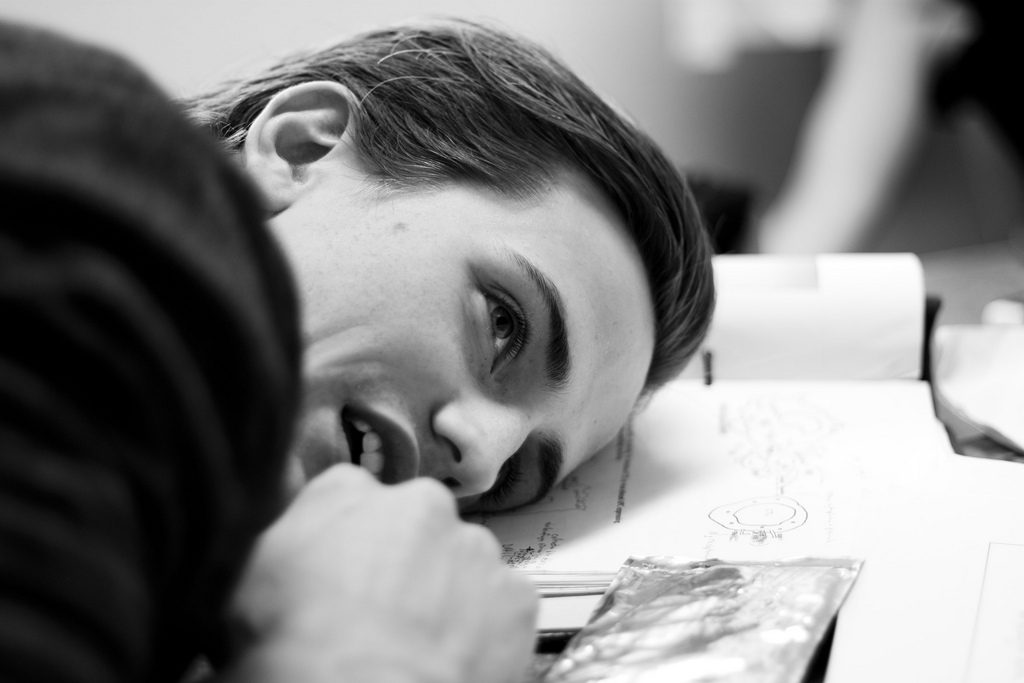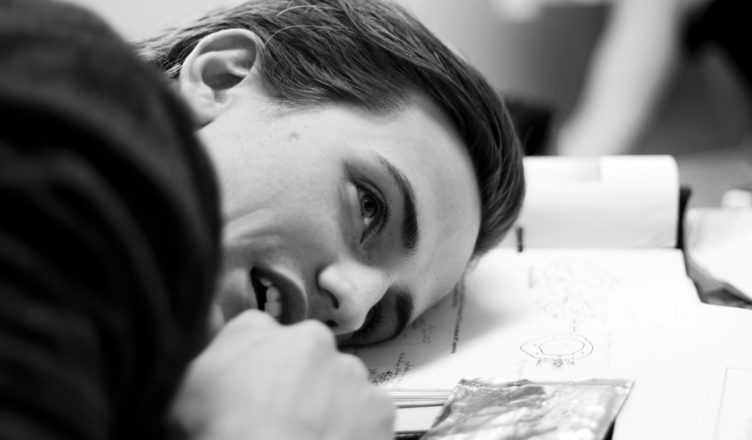
“Giving Up” by Nana Sundblad
My grandfather told me a story about getting what he called a “second wind” when running in his youth.What that meant to him was that he would get tired running, but after a period of time he would get a burst of energy and would be able to run further without fatigue.
I didn’t really connect with the story at the time because I wasn’t much of an athlete or sports kid,but I liked listening to him talk and he was very much the kid with me. Grandma dismissed his behaviour saying he was just in his second childhood.
Over time, that story has taken on new meaning to me.
First-off I didn’t do well at sports, not because of my body but because of my attitude and habits. I just didn’t believe I could do things, I repeatedly told myself so. I really didn’t try very hard and didn’t listen to the encouragement of others when I did do something right. Not surprisingly, I was usually chosen last for team sports.
Secondly, I found it hard to learn things like a second language. When I was supposed to be studying French in high school, I sat in the back of the class of some 35 students by the window. And, by the end of one term I had drawn in my notebook a beautiful rendition of the school tower at Brooklyn Tech, brick by brick. It was about the best drawing I did in four years of high school, but I didn’t learn very much French. I told myself and others that I couldn’t do well at learning languages.
As time went by, I had had success in making money for others, but not myself and certainly not in learning languages or playing sports.
It bothered me, so one work holiday I enrolled in three successive week long tennis intensives at three different academies. I doggedly stuck with it and actually learned enough to be able to have really good rallies with an instructor at the last camp. While proud of my achievement, I never played a full match of tennis in my life.
It still bothered me,so much so that when I left New York for good I started my world journey in Vienna, signed up to do an intensive German language program at the Goethe Institute.
True to form it was like high school French all over again, but with no tower and a small class. I struggled. It was like my head was in a fog. I wasn’t getting it. And, this was costing me money.
One night, in the dead of winter, I returned to my coal heated pension and without passion began to study. In reading the text book I found it hard to concentrate. I couldn’t read a complete sentence without my mind drifting off into my fantasy TV. At some point, feeling frustrated, I decided I would return to the beginning of any sentence that I drifted off on. Unfortunately, this was all of them.
In fact I spent about thirty minutes trying to read and understand one simple paragraph. Yet, at that point something popped in my head, I had found my second wind! I began to read more fluidly and practice some of what was being taught. The lesson was on the modal verbs.
Well, I went into class the next day, remembered what I had studied the night before and to my astonishment began to speak German using those verbs correctly without thought or in my head translating from English to German. I was rapt. I was the first time I had spoken another language without thinking.
That feeling turned to dismay when I returned to my pension that night. I sat down to study and my head was in a fog and I was right back where I started. It seemed that each time I would have to repeat what I had done the night before if I was to retain and use anything .
I ask myself now what was going on? I had studied at school for exams by reading all of my notes the night before and did well the next day, but the knowledge seemed to evaporate by the following day.
The difference for me was in the intensity of my focus, the pushing through of the fog until it lifted. The realisation came that in order for me to really learn, I would have to focus. That every time I seek to do something difficult again, I would have to focus again and again and again each time.
Later, in a personal relationship, I found communicating equally difficult, but the same principle applied. When we both argued, it took similar time, focus and effort for us to find our second wind and communicate without the fog, without the emotional intensity and for better mutual understanding.
I’m not saying this applies to you. I am not saying this is a positive way of breaking down barriers. I am saying that our lives are filled with aha moments which are worth remembering and learning from. This is one of mine.
Photo credit: “Giving Up” by Nana Sundblad from Flickr.com






